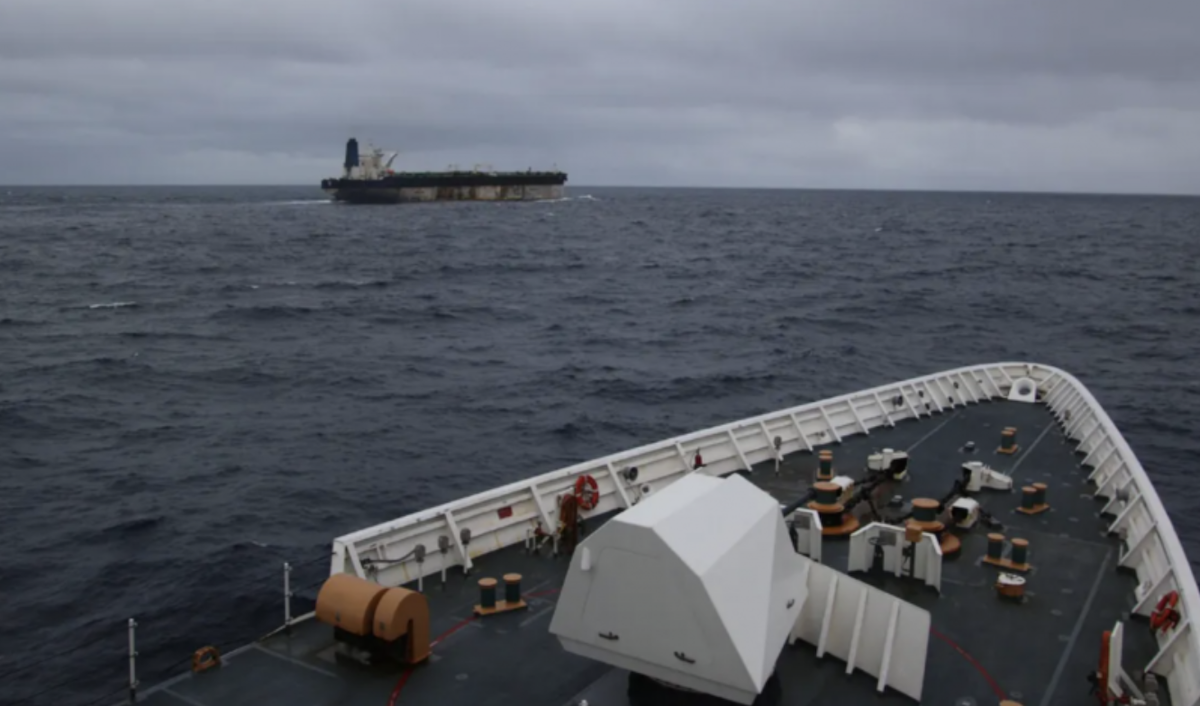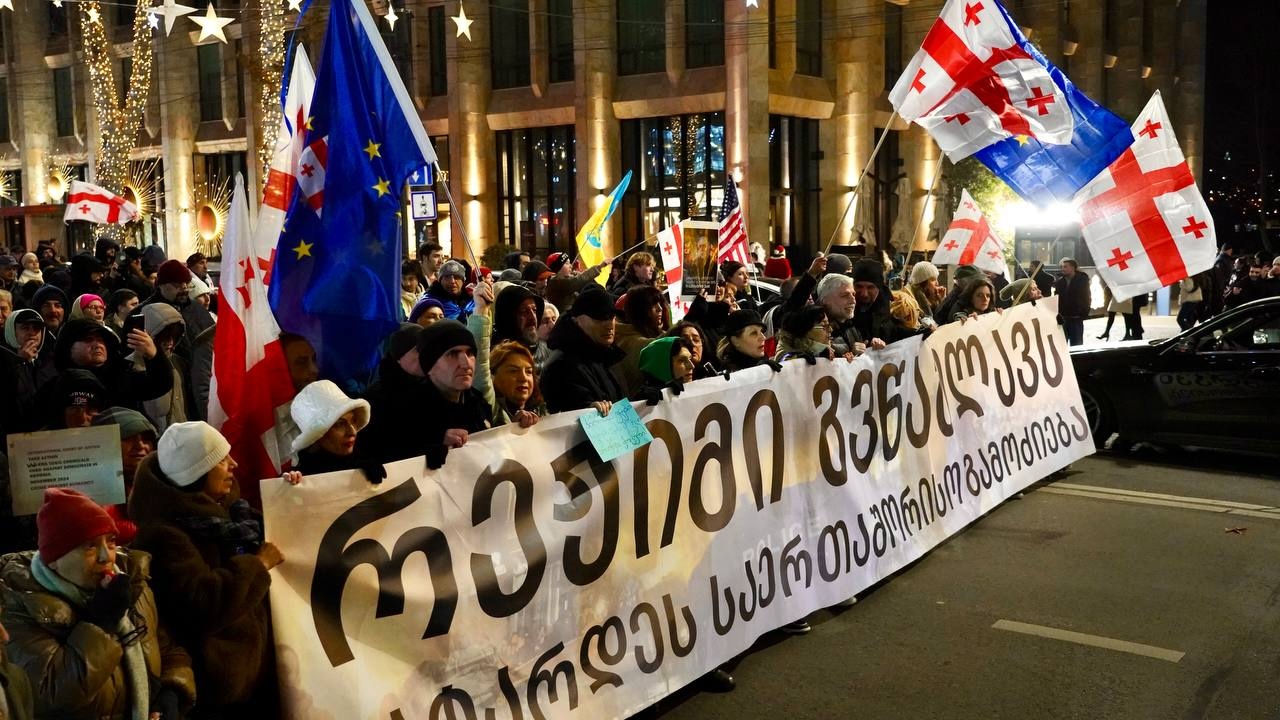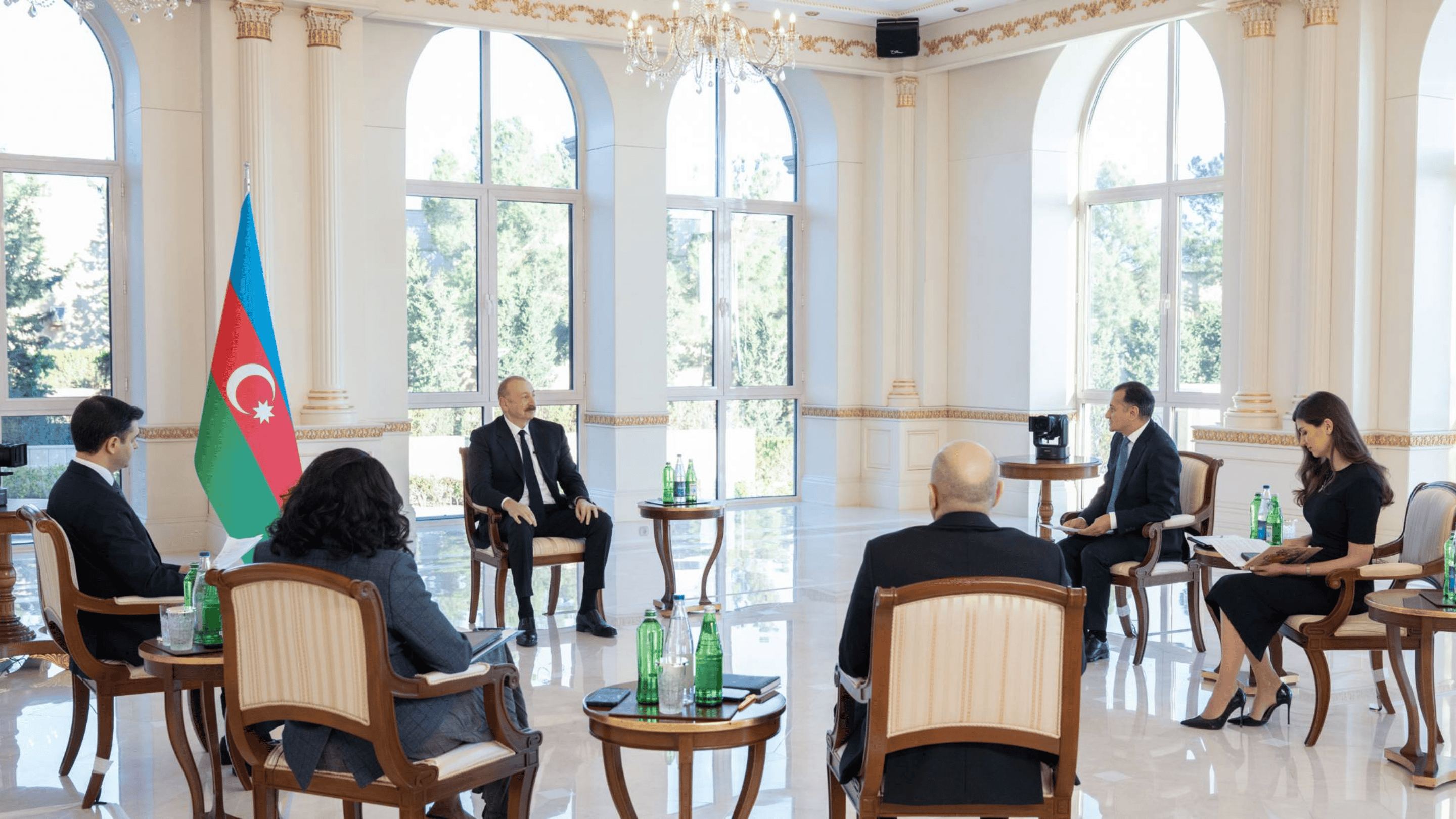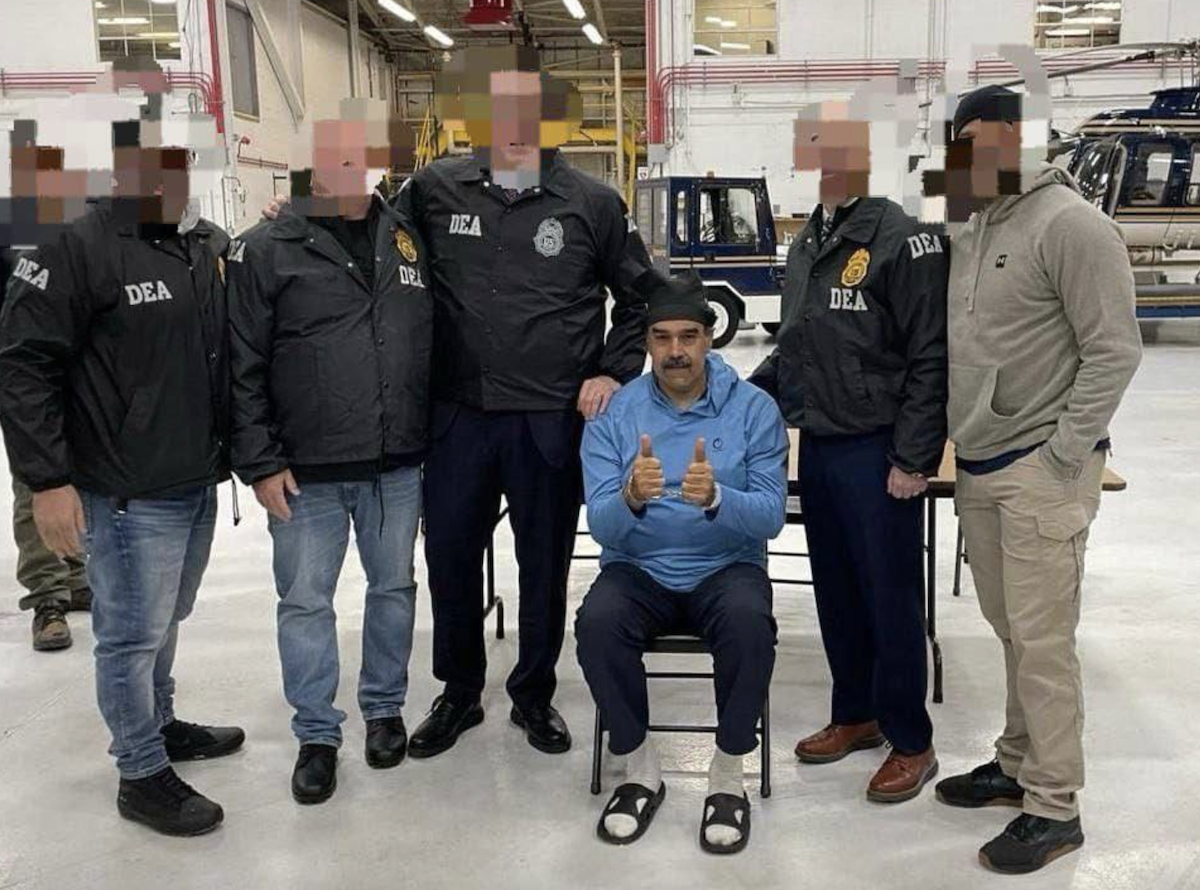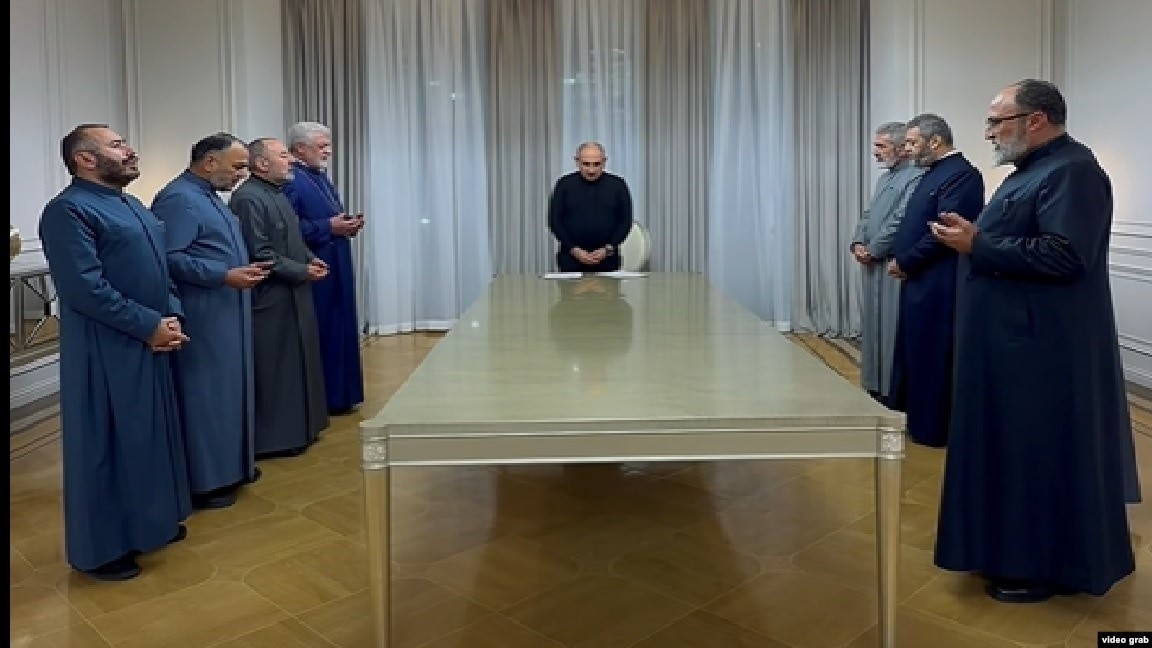Is the opposition being targeted in the Syunik region of Armenia?
Several heads of the local administration have been arrested recently in the Syunik region of Armenia. Prior to the snap parliamentary elections of June 20, all of them openly declared their opposition views.
Moreover, some represented the Hayastan political bloc, which ran in the elections and competed against the ruling party. During the pre-election campaign, the heads of the communities harshly criticized Prime Minister Nikol Pashinyan and the party he leads.
Many of those residing in the Syunik region are dissatisfied with the policy of the authorities. The situation worsened in the fall of 2020 since, after the second Karabakh war, the territories previously controlled by Armenia came under the control of Azerbaijan. As a result, the old Soviet border between the former Soviet republics became a new line of contact between the parties.
Many villages here have become borderlands, as in the days of the USSR. Some villages were divided into two parts – Armenian and Azerbaijani, some sections of the highway connecting the capital of Armenia with its southern region came under the control of Baku. Residents of villages divided by the border do not feel protected.
In this regard, numerous protests took place and some local residents even opposed Nikol Pashinyan’s visit to the region.
People explained their discontent by the fact that the Armenian authorities and Nikol Pashinyan personally did not respond to the Azerbaijani president’s threats to seize the so-called Zangezur [Syunik] corridor by force. In the region, it is believed that it was the leaders of local communities who provided his protection, who are now accused of various violations and are being detained.
Oppositionists regard this situation as political persecution.
However, political observer Hakob Badalyan considers this opinion unfounded. In his opinion, it is not entirely logical to subject the opposition to political persecution after the elections, as it would have been more relevant to do it before June 20.
At the moment, the communities of Kajaran, Meghri, Vorotan, Goris, Sisian and Karahunj are left without a leader as heads of these communities are either arrested or detained.
- Op-ed: repeated elections, Karabakh issue, return of prisoners
- Armenia to receive substantial financial assistance from the EU
Who got arrested?
On July 9, a Yerevan court arrested the head of the village of Karahunj Lusine Avetyan for two months on charges of bribery of voters. According to the investigation, she forced four residents of the community to participate in the agitation campaign in favor of the Hayastan bloc (Armenia), and then vote for it.
Lusine Avetyan does not admit her guilt.
On July 12 Mayor of Meghri Mkhitar Zakaryan was arrested too. He was also a candidate for deputy from the Hayastan bloc which took second place in the parliamentary elections.
The Investigative Committee charged him with abuse of office and forgery.
Three days before his arrest, he submitted his resignation letter.
“Criminal trials are constantly underway against my relatives and friends […]. Whoever is called to questioning is asked about their relation to the mayor. But I assure you, yesterday’s step [I took] is solely in the interests of the community. After all, I resigned from the post of the head of the community, not from being a citizen of Armenia. We are here, we are always ready to give an answer”, Zakaryan commented on his resignation from the post of mayor.
On July 13 it became known that Mkhitar Zakaryan was arrested.
The report of the Investigative Committee says that as a result of the actions of the Mayor of Meghri, a part of the community’s territory was alienated – an area of about half a hectare:
“A land plot, which is not subject to alienation, was withdrawn from the property of the community; the lake, which is a communal property, has lost its shore; the community and the state were deprived of the opportunity to use the territory indicated on the master plan as a nature reserve for its intended purpose”.
On July 16 it became known that Goris Mayor Arush Arushanyan was arrested for two months. He was charged with attempting to bribe two or more voters in the parliamentary elections. According to the investigation, in April, with the help of the head of the village of Karahunj Lusine, Avetyan Arushanyan met with the villagers and transferred up to 200,000 thousand drams to their accounts on behalf of the community (approximately $400).
“This is unprecedented. On the basis of the testimony of one person, moreover, contradicting each other, they can behead an entire community. First, the witness denied his own testimony, then confirmed it. I can say that the concepts of “man” and “freedom” are completely devalued in this country”. said Arushanyan’s lawyer Armen Melkonyan.
The last on the list was the mayor of Sisian, Artur Sargsyan. His detention also became known on July 16.
The investigating committee explained that he was detained for abuse of power and forgery, which he allegedly committed several years ago.
Opposition Hayastan bloc’s comments
Former Armenian President and bloc leader Robert Kocharian accused the authorities of detaining people who defended residents of the Syunik region with weapons in their hands during the second Karabakh war. According to Kocharian, the authorities have an inferiority complex, due to which they detain the heads of the Syunik communities.
On July 13, Vahe Hakobyan, head of the Reviving Armenia party – part of the Hayastan bloc, also made a statement:
“Criminal prosecution. Why after the elections? In our estimation, these are political persecution, political repression, and political terror”.
Ishkhan Saghatelyan, a representative of the ARF Dashnaktsutyun, another member of the bloc, called the accusations made fabricated:
“The political persecution continues, and we will fight against it by all means possible in order not to break the resistance of our people and isolate our supporters with illegal accusations. […] If Nikol [Pashinyan] had the opportunity, he would have arrested all 270,000 citizens who voted for us one by one”.
Expert opinion
Political observer Hakob Badalyan believes that it is already customary in Armenia to consider all such processes as “political persecution” and use this circumstance as a key one in defense tactics:
“Generally speaking, it is very difficult to say whether there is a political component or there is a main political motive or not. The starting point should be how well-grounded the accusations, arguments, evidence, and legal action are.
In this sense, I can not give a professional assessment, but I also have no doubt that community leaders, especially those who have been in this post since the days of the previous management system, to one degree or another, were inevitably an integral part of it.
The fact that this system at the level of local self-government bodies had serious problems in the legal plane was confirmed by one of the speeches of the leader of this system, Serzh Sargsyan, on the topic of local self-government in 2017. He then strongly urged community leaders to change the way they work, saying that they would no longer be forgiven.
On the political plane, let us note one more circumstance. Does it make sense to carry out political persecution after the elections, when the political unit represented by these heads of communities came in second place in the elections with 21% of the vote? It would be more logical if the persecution was carried out before the elections”.












